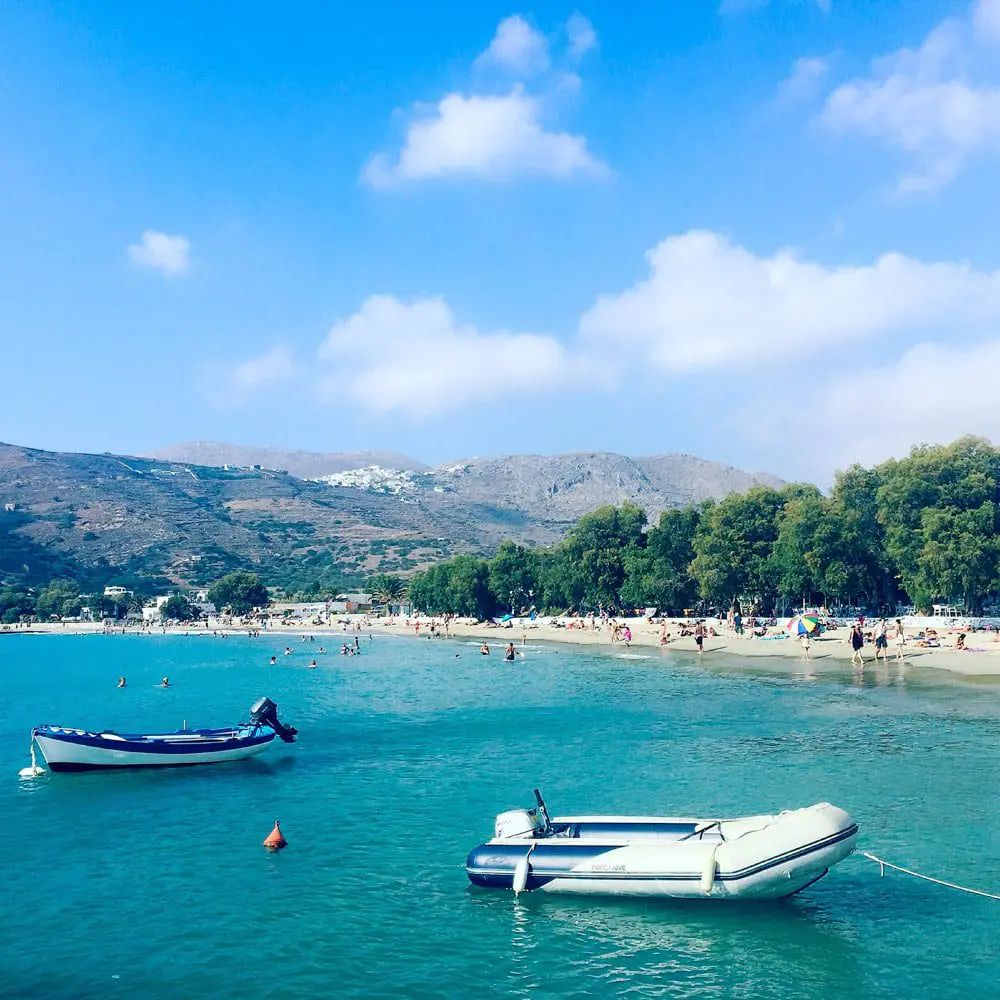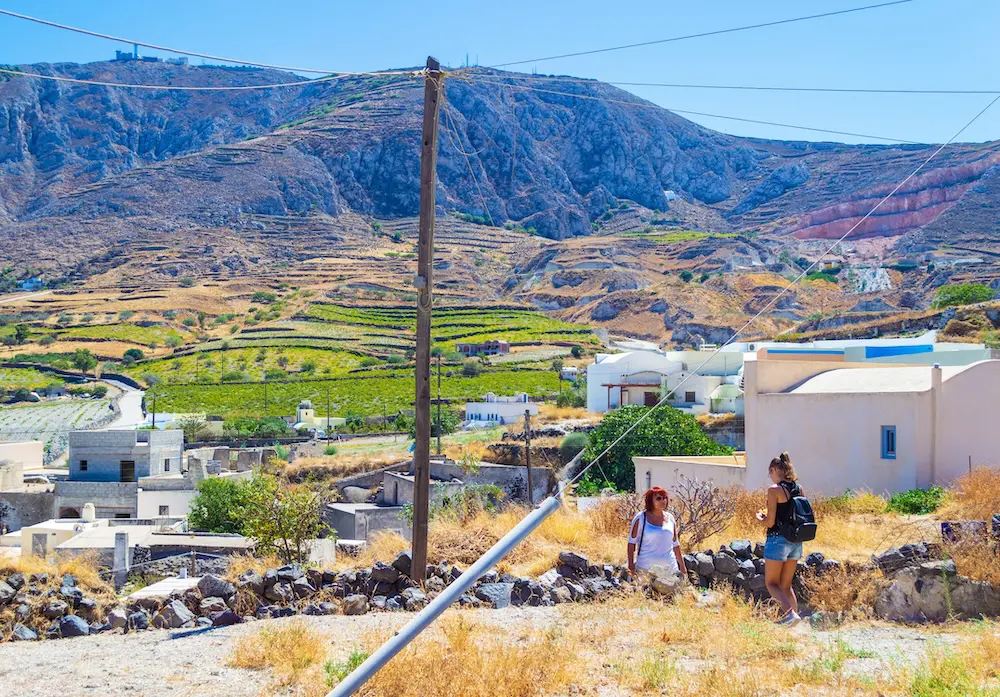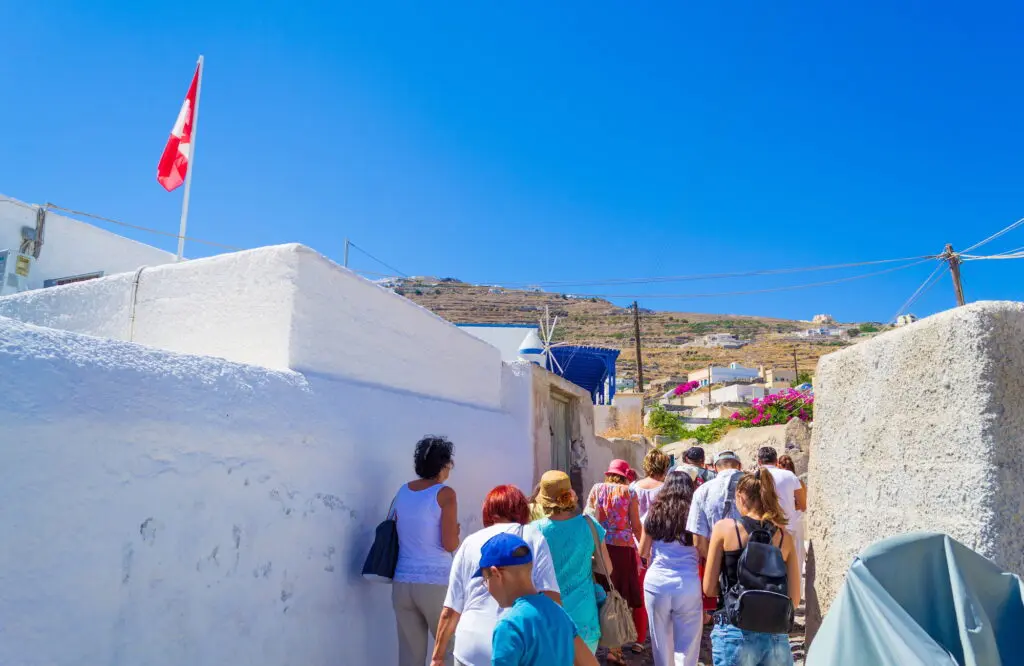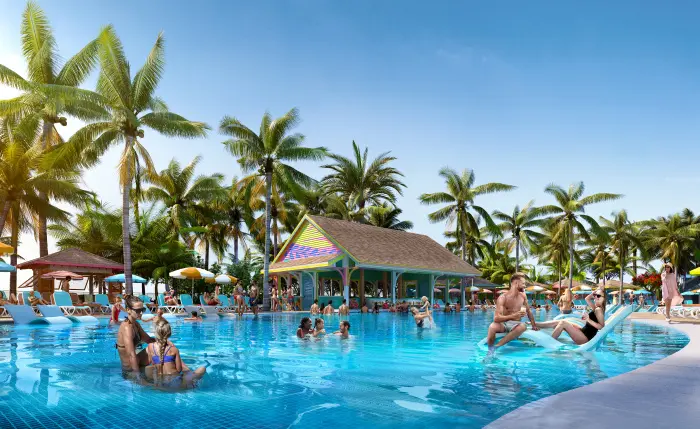With a swarm of quakes in the Aegean Sea in its third week, the Greek Government has declared a state of emergency on a second Greek Island. The new declaration for popular holiday destination Amorgos Island comes just days after Greek authorities announced a similar measure for tourist hotspot Santorini, where thousands of residents and some tourists have already evacuated.
Fire, police and military teams continue to mobilise in the region, the Associated Press reported.
According to AP, since 26 January, over 12,000 earthquakes above magnitude one have been recorded, and experts say such a high level of seismic activity over an extended period is highly unusual for Greece.
Despite these concerns, Australian companies specialising in holidays to Greece tell Karryon they are confident that travel to the region impacted by the quakes will remain mostly unaffected in the months ahead.
“As it is winter season, we do not currently have any clients in Santorini, Amorgos or other Cycladic islands impacted by the earthquake tremors,” says John Polyviou, General Manager of Sun Island Tours, Australia’s largest wholesaler for Greece.
“However, we do have clients arriving in the immediate future, who we have contacted and rebooked on other islands.”

Aussie outlook
When it comes to predicting future travel to the region, Polyviou expects it to be business as usual.
The Sun Island GM says the company has been in contact with the Governor of the South Aegean Region, George Hatzimarkos, “who advised that all measures are being taken to ensure the safety of guests and local citizens”.
“He believes that the rare natural phenomenon will subside over the coming weeks, and that there will continue to be no major damage or injuries on the island,” Polyviou tells Karryon.
“He also advised that this will not impact the upcoming summer season in Santorini, and so currently Sun Island Tours bookings from April onward will proceed as planned.”
Another Aegean travel expert, Greece & Mediterranean Travel Centre says the impact on bookings has been minimal so far, thanks largely to the low holiday season.
“We at Greece and Med Travel have not had any cancellations yet – we did not have any clients in Santorini the last week as most hotels are closed during winter and Australians do not travel to the islands during the Greek winter,” Managing Director Halina Kubica tells Karryon.

However, the Greece travel specialist did get a couple of enquiries about what could happen to their bookings if things “get worse”.
“We recommend they change destination and of course, we will be flexible,” she stresses.
On location
Kubica also spoke to a hotel operator in Santorini who has remained on the island, and the message is mostly positive.
“He said so far there has been no damage; the schools are closed and kids do online learning,” she says.
“The tremors are rare and very short, so sometimes they feel it… sometimes not. He said he had no cancellations either so far, but he thinks that business in March will probably be slow.”
The Greece and Med boss is also quick to point out that Australians are travelling in droves to Japan, despite the country being “very prone to earthquakes”.
“So overall these type of events are not predictable – let’s hope that things will calm down soon.”

According to the Greek City Times, Santorini Hoteliers’ Association President Antonis Pagonis said, “At this stage, there has been no tourist loss, and we have no cancellations”.
He told financial site Newmoney Greece in a recent interview that forward bookings remain consistent with normal patterns for this time of year.
Quakes to continue?
However, according to Euronews, expects say the quake swarm could continue for weeks or even months.
“All scenarios remain open,” Prominent Greek seismologist Gerasimos Papadopoulos wrote in an online post.
“The number of tremors has increased, magnitudes have risen, and epicentres have shifted northeast. While these are tectonic quakes, not volcanic, the risk level has escalated.”
And if the quakes don’t subside, many will be worried.
“If we continue for another couple of months with this situation, the season will be lost,” said Mathaios Kourgialis, who owns a small hotel at the top of the caldera in Santorini.
According to Reuters, Kourgialis said the property had received several cancellations since the tremors began.
DFAT advice

The Australian Department of Foreign Affairs and Trade (DFAT) continues to advise Aussies to “Exercise normal safety precautions in Greece”.
“Authorities are on alert, and additional emergency management personnel have been deployed,” it states on the Smartraveller website.
“Airlines and ferry companies have added extra departures to mainland Greece. If you’re in the area, monitor the media and follow the advice of local authorities.”
For more information on travel advice to Greece, visit smartraveller.gov.au/destinations/europe/greece.






